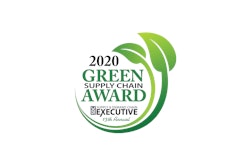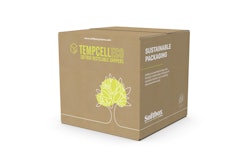
The research project KOPKIB, which will focus on customer-oriented parcel delivery via neighborhood couriers, is launching its practical testing phase in July. Led by Berlin University of Applied Sciences (HTW Berlin) in Germany, innovative forms of last-mile parcel delivery will be tested in a densely populated urban area. 4flow, provider of supply chain consulting, supply chain software and fourth-party logistics (4PL) services, is supporting the project with route optimization and resource planning.
The neighborhood courier project aims to provide sustainable and customer friendly last-mile parcel delivery from all service providers. To achieve this, parcels will first be collected in local micro-hubs and then delivered by a neighborhood courier using a cargo bike. This process allows both flexible delivery based on recipients’ individual time requirements and relief for the neighborhood’s traffic situation. The six-month pilot project will take place in the Berlin district of Charlottenburg-Wilmersdorf as part of a neighborhood sustainability project called Mierendorff-ISLAND.
4flow’s research team laid out an important theoretical foundation for the project by collaborating on the demand forecast for the amount of parcels expected per day and time slot. The 4flow team also developed a simulation study based on route optimization using efficient, tried-and-tested algorithms from previous projects. This makes it possible to precisely calculate the need for cargo bikes, staff and warehouse space for each time slot.
In addition to HTW Berlin and 4flow, the Berlin School of Economics and Law (HWR Berlin), the online retailer Zalando SE and the bicycle supply chain company Cycle Logistics CL GmbH are among the partners of this project, which is funded by the Berlin state goverment via the Institute for Applied Science Berlin (IFAF Berlin).

















